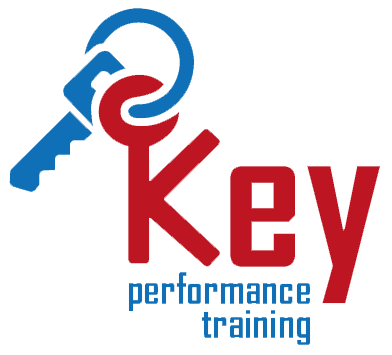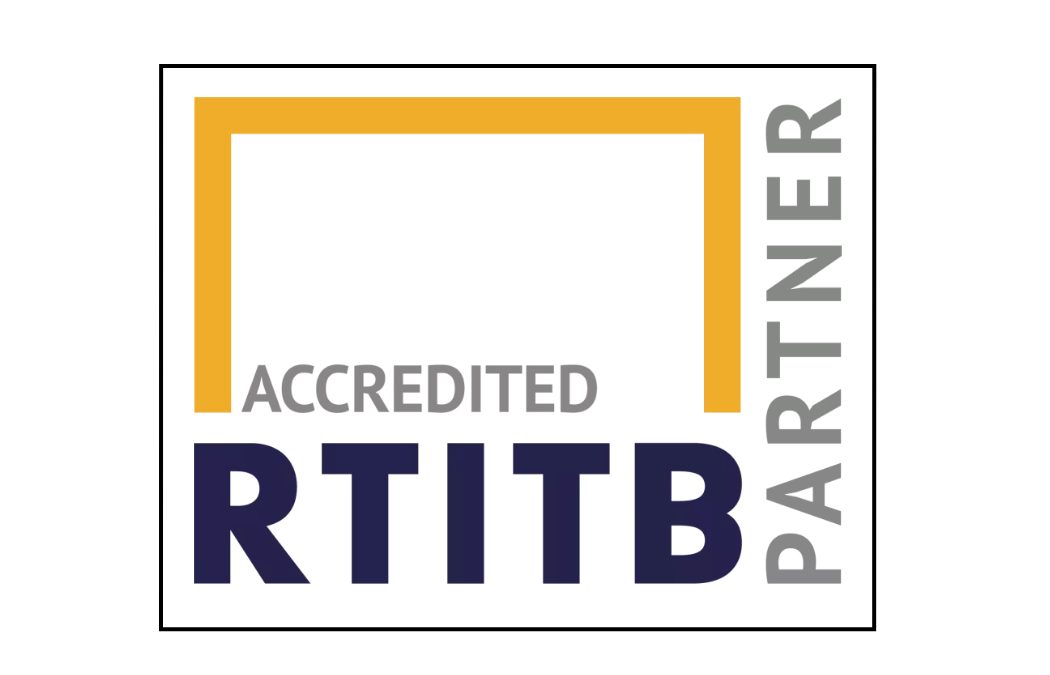
by Rachel Gearon | Dec 15, 2022 | Industry news, Our News, RTITB
If you’ve had the new style eCard following a course with us, do you know how to access them? We have received a number of queries about this, so we thought we’d share with you the RTITB’s simple guide on how to do this.
As well as a ‘getting started’ document there are videos to show iPhone and Android users how to access your eCards, so check us out on social media for access to these as well.
Contact us on 01793 975353 or david.gearon@keyperformancetraining.co.uk for more information.
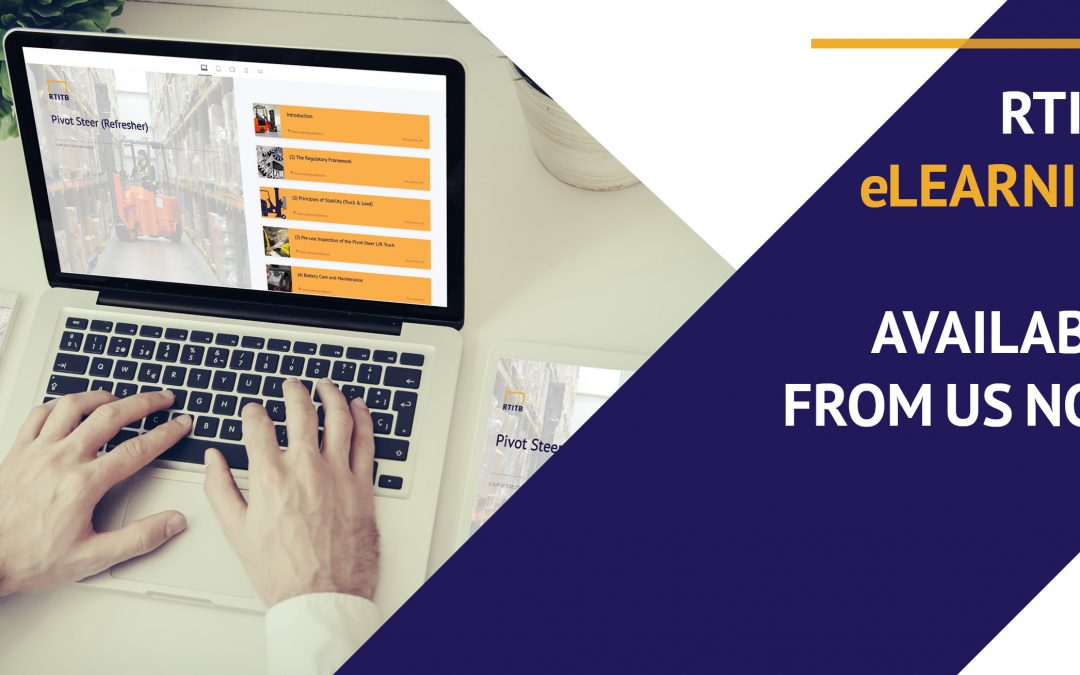
by Rachel Gearon | Apr 28, 2022 | Employment & skills, RTITB, Training courses
Key Performance Training is pleased to offer eLearning, enabling you to move the theory part of a course from the classroom to online.
Whether you’re looking to become a forklift operator, keen to refresh your skills, or you’re a company looking to upskill your current workforce, RTITB’s eLearning material is designed with operators in mind.
The eLearning is self-paced, so you can gain access to training materials to complete as and when you want, taking as long as you need, then complete in-person practical training at a later date.
Here are just some of the benefits of using RTITB eLearning and completing a course with us:
• Operators are kept engaged at all times, with interactive quizzes and videos
• Access the eLearning material anywhere, and at a time that suits you, on a number of devices, including mobile, table and PC
• Reduce practical training time (for example for a novice Counterbalance course a 5-day course could be reduced to 3 days)
• Operators are out of the business for a shorter time, minimising costs, and downtime
• Revisit the eLearning at any time to refresh knowledge
• Save time and money on travel to training courses (and in some cases hotels)
To get started with RTITB eLearning and learn more about our course offering, availability, and pricing, please give us a call on 01793 975353 and we’ll be delighted to discuss this with you.
Coming soon….10 Ways to Improve Reach Truck Safety
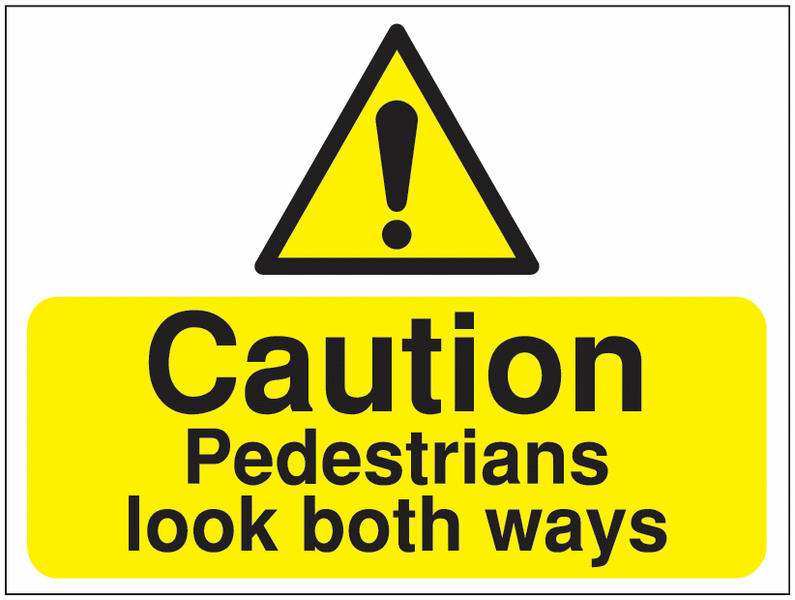
by Rachel Gearon | Apr 6, 2022 | Employment & skills, Industry news, RTITB, Training courses
We all know that safety guidelines are put in place for us all to adhere to, but putting this into practice can often feel like a chore in an already never-ending to do list. Incredibly, around 75% of critical incidents involve pedestrians who were completing tasks unrelated to the operation that was being carried out at the time of the incident. Adopting a culture of strict safety discipline in the warehouse could save more than just one life.
Many incidents involve pedestrians suffering crush injuries while trying to steady the load, or get involved in the loading or unloading of the forklift. These types of accidents and injuries are avoidable because the pedestrian should never need to be in the path of the forklift. There are many ways that this can be implemented in and around the warehouse:
- Designation
With designated operation areas, walkways, and clear signage in the warehouse you can remove any doubt or uncertainty. Consistent, clear instructions and directions that leave no room for ambiguity are essential. Of course, there are some grey areas that can’t be easily segregated, but in these areas safe working boundaries need to be communicated and upheld at all times. Establish safe operating distances and provide staff with guidance around forklift operation, and the loading and unloading of materials.
The most efficient warehouses make use of timetables to rotate staff to different locations, depending on the tasks they need to complete that day. This is to ensure pedestrian tasks aren’t being carried out alongside forklift tasks. Another useful addition to the warehouse is a traffic management system, such as one-way systems to reduce the risk of collisions.
Strong communication systems allow all members of staff to share the responsibility for keeping everybody safe. For example, co-workers need to be able to quickly and efficiently alert one another when an individual is in their workspace, or if somebody notices a truck losing its load during operation, or a driver leaving an unsafe distance between the truck and the pedestrian.
All of this and more is covered on our Forklift Training Course. Get in touch today to find out more.
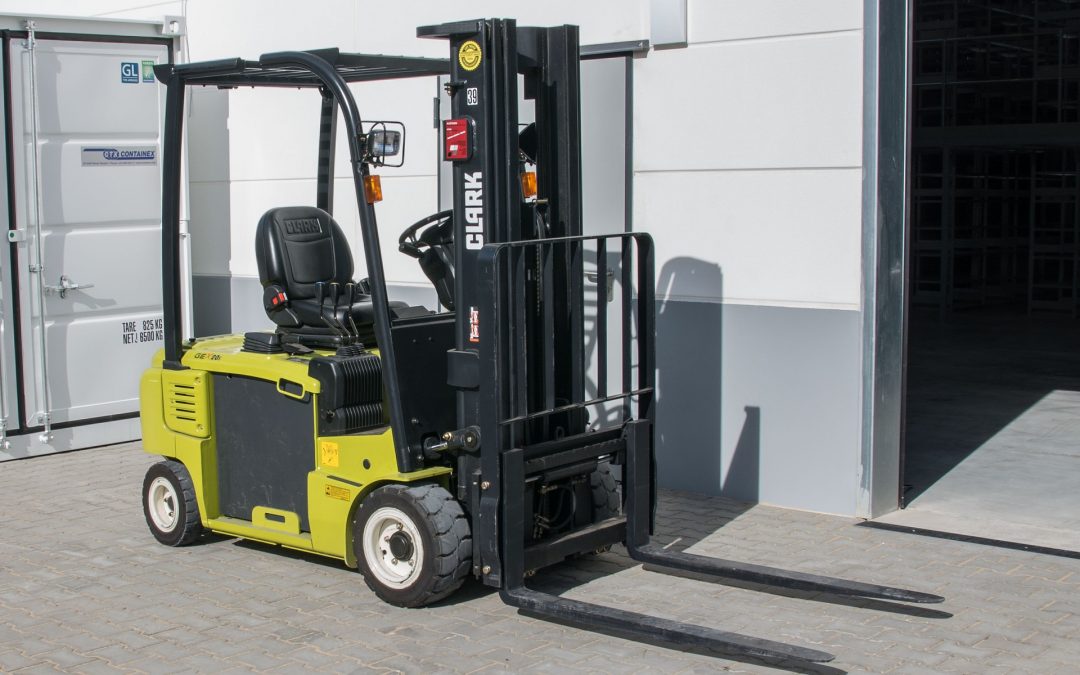
by Bob Hayward | Mar 17, 2022 | Employment & skills, Industry news, RTITB, Training courses
It is reported that overall accident rates are lower in workplaces where the wider workforce participates in health and safety and employees feel they have a say. The awareness of the risks of slips and trips, for example, is supposedly greater (62%) where the workforce is consulted on health and safety issues, than when there is no involvement (28%).
What employers with workplace transport operations can take from this, is that to reduce risk of incidents, it’s important for lift truck operators to understand their role in health and safety and feel they can actively contribute. In research, 77% of the workforce felt encouraged to raise concerns in a good health and safety climate to 20% who felt encouraged to do so in a poor health and safety climate.
Forklifts are one of the most commonplace types of equipment in logistics and warehouse operations, yet they are also among the most dangerous – it is suggested that 8,000 workplace incidents involving lift trucks are reported annually. With this in mind, your forklift operators may be some of the best positioned employees to understand workplace risks related to material handling and to take an active role in contributing to health and safety improvements.
So, what can employers do to help engage lift truck operators in health and safety more and positively influence their behaviour?
- Communicate the impact of incidents
Having a culture where incidents are never just an inevitable part of the job is key. Moreover, operators should have a clear awareness of the potential impacts of a lift truck incident occurring. At the most serious end of the spectrum, this can include life-changing and fatal injuries.
To tackle these subjects effectively, two-way communication is needed between trainers, health and safety managers and compliance managers, and their lift truck operators. What this looks like will be different depending on your organisation’s size and culture. However, a lift truck operator training environment is one good place to have these conversations, especially as regular training of operators is required for compliance.
For novice operators, the eTruck UK forklift and reach truck theory eLearning solution from RTITB helps support this, and encourage behaviour change around risk. Rather than a traditional presentation-led style of training, eTruck tells the story of a lift truck accident and the chain of events leading up to it. Operators must engage with the story to understand and anticipate when, why and where the accident will occur. This gives a greater understanding of safe operating practices and the impact of an incident on the wider operation.
- Educate on the role of Managers and Supervisors
It would be easy for operators to feel that should any incident occur, that it’s not entirely their fault, and it is true that their Managers and Supervisors have a significant role to play. Incidents often occur as a result of poor or non-existent supervision, so to reduce risks and comply with the law, those in these senior roles must be correctly trained, just as operators must be correctly trained.
However, operators must be made aware that they do have a level of accountability and therefore must always operate to the safety standards delivered via their lift truck operator training and follow the organisation’s rules and processes around health and safety.
- It all starts with training
Employers must remember that for compliance and safety, lift truck training should always be the first step. It is vital for not only educating operators on how to use and work around lift trucks, but also how to reduce risks to themselves and others.
There is a mandatory level of lift truck operator training required for compliance, and it is crucial to keep this up to date with refresher training or conversion training (if required). This is an essential for employed staff, as well as temporary and contract workers. For safety, only correctly trained staff should be given an Authorisation to Operate equipment.
However, businesses should always continue to undertake regular risk assessments and assessments of operators to ensure optimum safety practices and deliver remedial or additional training as and where needed.
RTITB Accreditation could support safety in your operation.

by Bob Hayward | Mar 11, 2022 | Employment & skills, RTITB, Training courses
After successfully completing your forklift truck training, you will understandably be eager to get out and put your new, hard-earned skills into practice. Forklift driving is a career path where you are constantly learning and acquiring new skills as you become more experienced. Obtaining your forklift licence is just the beginning of your journey. So how can you be a better forklift operator?
Never Skip Checks
Forklift trucks can be extremely dangerous machines to operate. Always check the forklift truck over before starting a shift, even if a driver has just been using it immediately before you. We all know the feeling of a manic Monday morning, but it is vital that you take the time to go through a safety checklist before operating a forklift, each and every time.
Be Disciplined About Distractions
It’s always the tips that sound so obvious that are the easiest to disregard. It seems clear to say that driver’s should avoid any and all distractions while on the truck, but being disciplined about distractions can be easier said than done. Maintaining focus at all times is paramount to forklift truck driving safety, both for you and for those around you.
Keep Yourself Warm
Driving in cold conditions dramatically reduces your reaction times, so it’s best to make sure you are dressed appropriately for both the weather and warehouse conditions. This is especially important if your work takes you outside. Layers that can be easily added to over the course of the day are an ideal solution, and could make all difference in the safety of your forklift operating.
Ask For Help
It can sometimes be difficult to ask for help, but in forklift truck driving, there are no stupid questions. Always communicate, always make sure, and always double check. It is better to ask and eliminate all doubt, and all safety risks along with it. This way, you are in total control of the safety of your workplace.

by Bob Hayward | Mar 2, 2022 | Employment & skills, Industry news, RTITB, Training courses
Not All Your Time Will Be Spent Driving Forward
In fact, the vast majority of your time spent in a training session will be in reverse. Learning how to safely manoeuvre a forklift truck to back round corners, or to reverse into tight spaces is an underestimated skill. You will also learn how to move round the warehouse safely in every direction, while carrying a variety of different loads.
Previous Driving Experience Is Not Essential
Don’t be put off if you don’t have forklift experience already. The truth is that you don’t even need to hold a car driving licence to be able to train to drive a forklift truck. You will learn everything you need to know about how to safely drive a forklift on one of our courses, no matter your experience level. All you need to do is show up and come with a positive, can-do attitude.
Forklift Driving Is Different To Any Other Driving
Forklift trucks use their rear wheels to steer, and they have a 3 point suspension system. Simply put, this means that they are very different to handle than any other vehicle. For this reason, you will spend a good amount of time learning the theory and safety components of driving a forklift truck, as well as practical hands on sessions.
For more advice about Key Performance Training’s forklift driving courses call us on 01793 975353.

